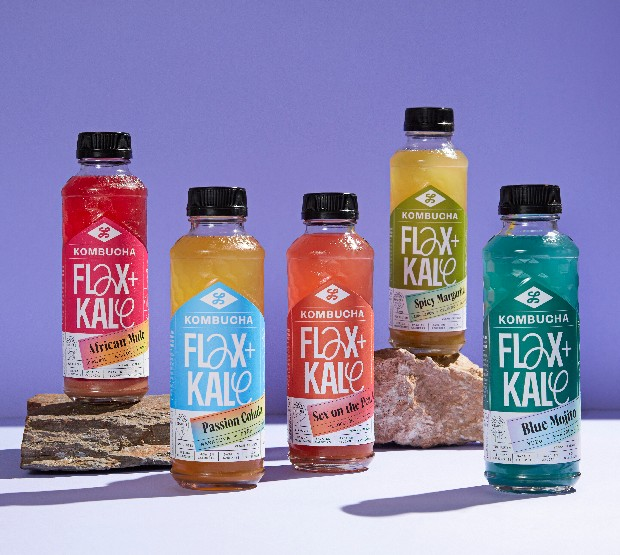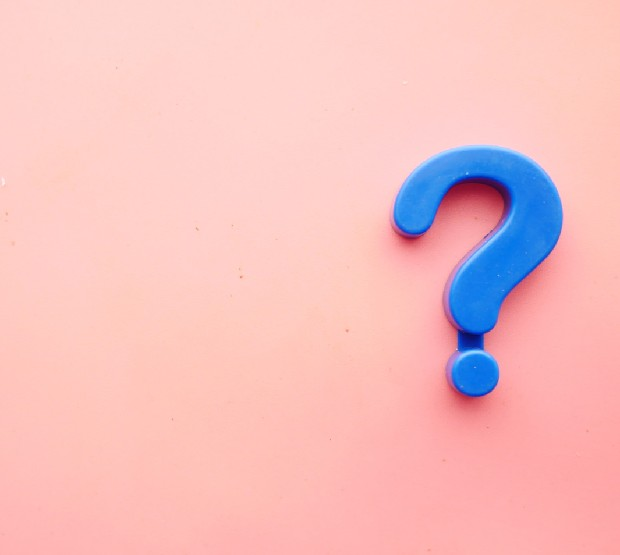Consumption of energy drinks has exploded in recent years. They arise with the intention of increasing physical resistance, enabling faster reactions to those who consume them, achieving a higher level of concentration, avoidingsleep and provide a feeling of well-being. Becoming famous for athletes, students, night employees and any other type of consumer. But are they as miraculous as they say? In this post we are going to analyze the pros and cons ofthese kinds of drinks.
Energy drinks are relatively recent because they began to be marketed in Europe in 1987. They have become popular very quickly and have been taking over spaces that were previously territous.river dominated by soft drinks (alone or in combination with alcohol): sporting events and parties.
What exactly is an energy drink?
Various products are marketed under the name of energy drinks, whose composition is basically:
- Water, sugar, or artificial sweeteners
- Caffeine (as such or from ingredients that contain it, such as guarana)
- Group B vitamins and minerals
- Nitrogen substances (taurine, carnitine)
- Glucuronolactane (added for possible detoxifying effectnot well determined)
It is important to differentiate them from sports drinks, designed for the recovery of mineral salts after intense physical activity and known as isotonic drinks. We recommend thereading the post: Sports Drinks and Their Homemade Analogs.
Paradoxically, although energy drinks are associated with "medicine" flavor, their consumption does not stop growing, un 60% from 2008 to 2012. Data from 2014 indicated that its sales increased worldwide at least at a rate of 10% per year. But how is it possible that a product that did not even have the approval of consumers has grown so much?
Manufacturers highlight the following effects in their advertising (whether they are justified or not):
- Provoke in the consumer a state of euphoria, even an aphrodisiac, which allows them to remain hyperactive for many hours at a time.ace.
- Improve physical and intellectual performance.
- Effect against remaining of the consequences of alcohol intake.
- Fostering a differentiated, rebellious and rebellious character (bad boy image)
Another objectionable point is its sugar content. If cola drinks and other drinksSugary refreshments are highly criticized - and rightly so - energy drinks should be criticized equally. On average an energy drink contains 10 to 15 g of sugar per 100 ml in different forms (sucrose, glucose, glucose syrup,fructose syrup). A cola drink has 10.5 g of sugar / 100 ml.
In addition, some of the plant extracts and substances used in the formulation of these new drinks may represent a risk to the health of the consumer.or, but there are insufficient data on the incidence of its consumption in the European population, to allow an assessment of the benefit / risk and to be conclusive on the safety of all the ingredients.
Due to avoid possible risks pFor health, the Public Health Agency (ASPCAT), establishes a series of recommendations for the consumption of energy drinks:
- Do not mix these drinks with alcohol
- Pregnant and lactating women, children and pPeople sensitive to caffeine, with cardiovascular or neurological disorders should refrain from consuming them.
- Do not use them to replace fluids lost in intense physical activity: caffeine has diuretic effects and increasesreduces the risk of dehydration. In these cases, you have to drink water or beverages designed for it.
Improves athletic performance, but with side effects
In recent years, babiesEnergetic trips have also become fashionable among athletes. It is estimated that half consume them regularly during training or before competing. However, its use is not without side effects.
DespiteRecent studies have shown that these energy drinks improve sports performance between 3% and 7% also cause undesirable effects. According to the study, the group that drank energy drinks suffered more frequently iNsomnia, nervousness and the level of arousal after competition, effects traditionally related to the consumption of caffeinated beverages.
A responsible consumption of these drinks would be to take them occasionally at punctual moments.tuals of physical decay, always without abusing and never in a continuous way.






